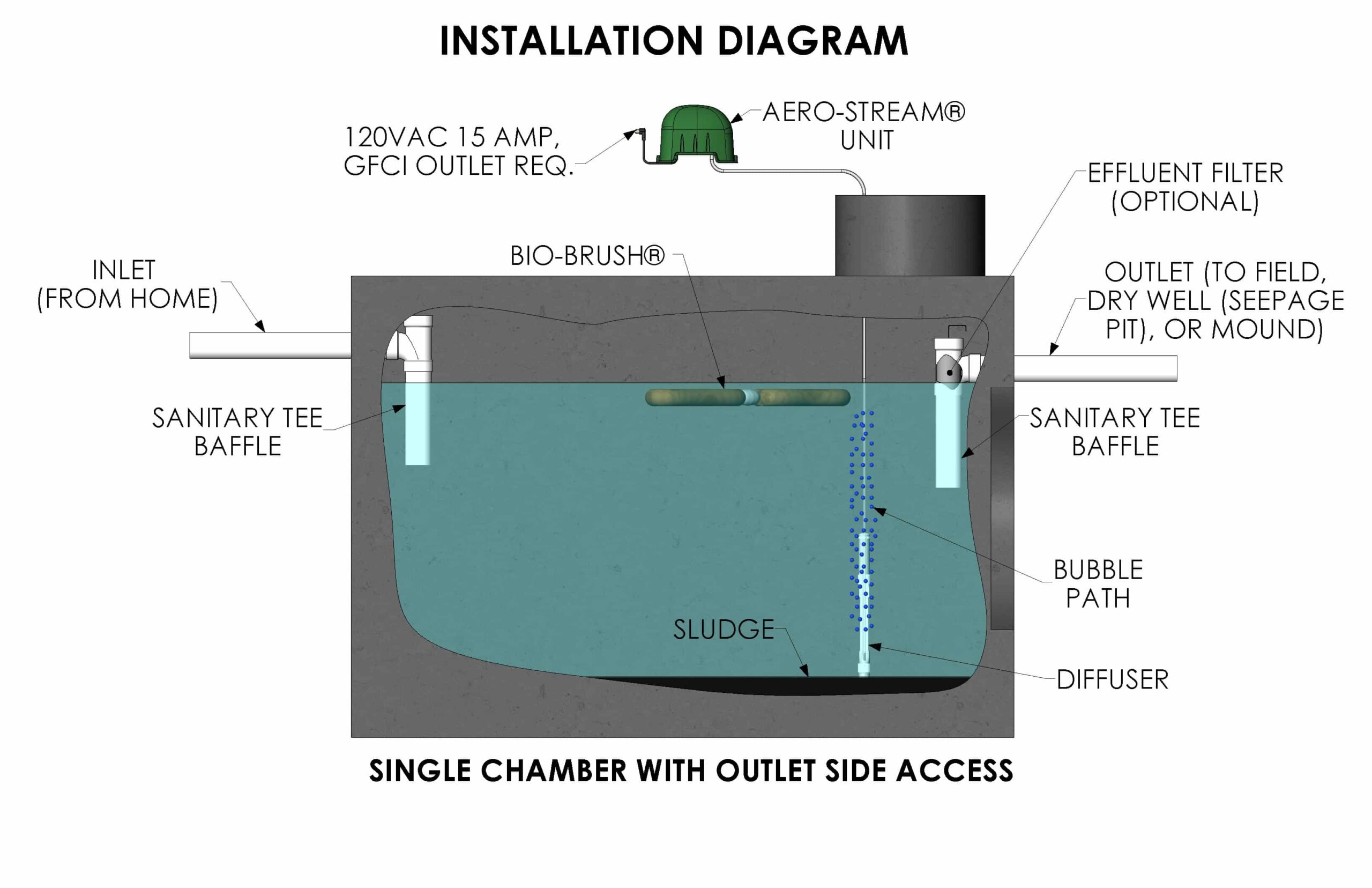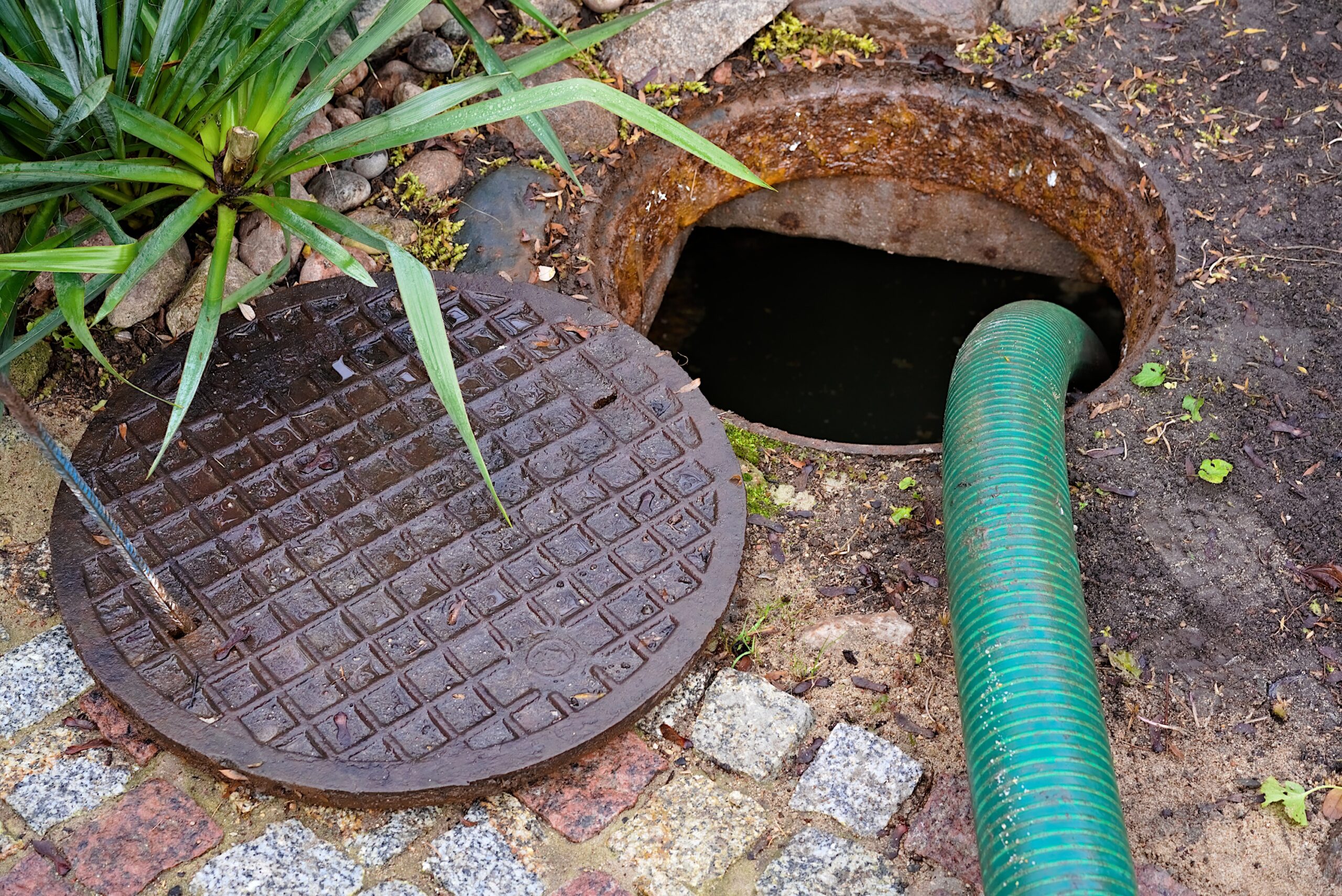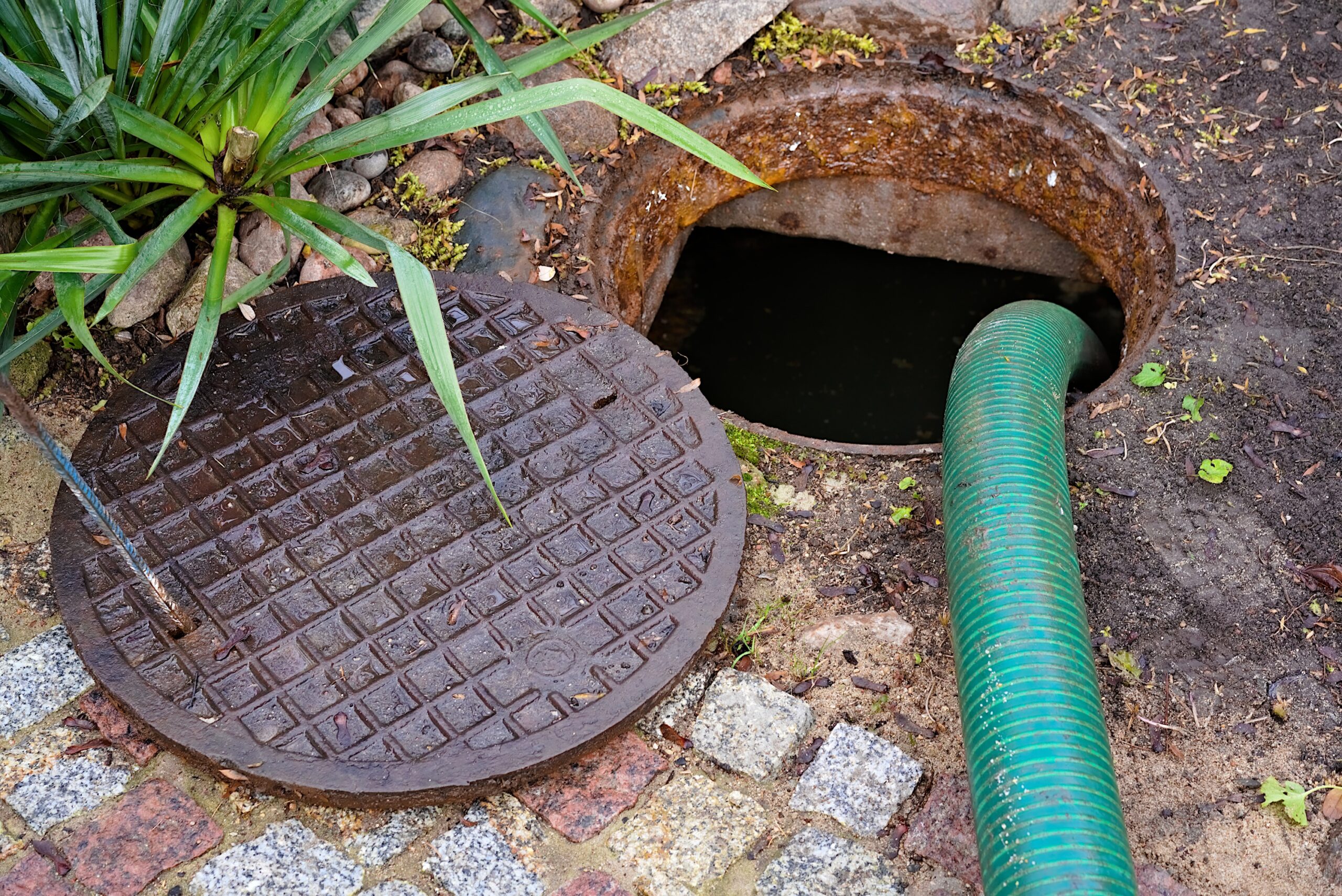Every septic system homeowner dreads the implications of this phrase: septic tank problems and solutions. It conjures up images of debt, torn up yards and weeks of inconvenience that may involve doing laundry at a laundry mat and limiting water use to avoid septic system backups.
Septic tank problems, more accurately stated as septic system problems, are stressful and upsetting because the source of the problem can not be seen. Frustration sets in as the system is unable to handle additional inflow. Additionally, septic systems are underground and visual diagnostics are difficult if not impossible to implement. When ponding above the drainfield occurs, the affected area appears large and people naturally become anxious about the complexity and cost of a solution.
The best way to deal with this problem is to educate yourself independently, consulting with people other than who you regard as experts. Research the problem and collect data; there is plenty of information on the web and on this website that can help you. You can start by researching the following:
How does a septic system work? By understanding how key components of a septic system work together, you will be able to understand the symptoms of failure and the validity of proposed solutions. You will also understand how your behavior and water usage greatly affects the system’s performance.
Septic tanks typically do not cause septic system failure. The septic tank is rarely the cause of system failure. It is a holding tank that occasionally needs to be pumped.
Most septic systems utilize anaerobic bacteria to break down waste, which causes a biomat to form.
Biomats in drainfields are usually the cause of septic system failure. The septic system fails when the system can no longer pass water to the ground.
Aerobic septic systems do not form a biomat.
An anaerobic septic system can be converted to an aerobic system, restoring a failed septic system to functional. This conversion is very cost effective when compared to system replacement.
Chemical additives have been proven to not work and are not a long term solution. This option can be expensive over the long term and become a nuisance because it is one more thing you have to do on regular timeline.
Regardless of the solution you choose, educating yourself with basic knowledge about septic system problems and how they can be resolved will greatly reduce your stress levels. You will be prepared to evaluate potential alternatives and won’t be surprised with the results.











